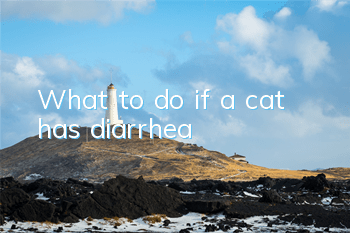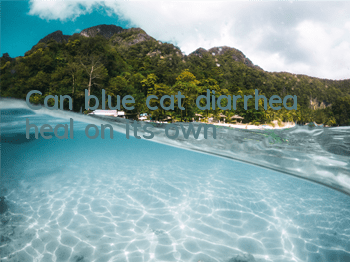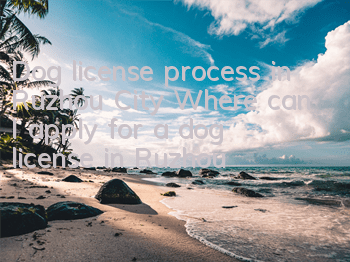Measures to deal with cat diarrhea:
1. Fasting for cats. When the owner discovers that the cat has diarrhea, he or she should fast for 12-24 hours and do not feed the cat anything to allow the cat's gastrointestinal tract to fully rest. You can give your cat drinking water and add a small amount of salt to the water to prevent the cat from electrolyte imbalance.
2. Feed probiotics to cats. Although probiotics cannot treat intestinal diseases, feeding cats when they have diarrhea can prevent secondary infections caused by gastrointestinal flora disorders.
3. Observe the cat’s mental state. Owners should not panic when cats have diarrhea. As long as the cat is in good spirits, diarrhea is usually not a big problem. The owner can continue to observe the cat's mental condition. Once he finds that the cat is lethargic and something is not right, he should send the cat to the hospital immediately.
4. Record the cat’s bowel movements. The owner can first observe the feces of the cat and take pictures of the feces with a mobile phone to save it, so that the doctor can make a judgment during diagnosis. Keep a record of your cat’s subsequent bowel movements and consult your doctor at any time.
5. Measure the cat’s temperature. Ordinary diarrhea in cats will not cause changes in body temperature. If the cat’s body temperature rises, it means that the cat may be infected and inflamed and needs to be sent to the hospital in time.
6. Deworm the cat. If your cat is not dewormed regularly, parasites can also cause diarrhea. However, cats should not blindly feed anthelmintic drugs during diarrhea. They should first check to determine the type of parasite and then feed the corresponding anthelmintic drug. Indiscriminate feeding of anthelmintics may aggravate diarrhea.








